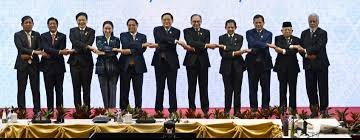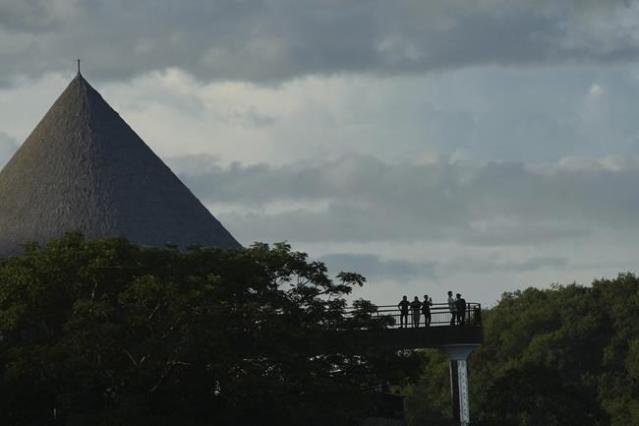JAKARTA, Feb 4 (AP): Southeast Asian foreign ministers vowed to finalise negotiations with China over a proposed pact aimed at preventing conflicts in the disputed South China Sea in their annual retreat on Saturday in Indonesia’s capital.
In the final session of their two-day meeting, the ministers from the Association of Southeast Asian Nations also agreed to unite in their approach to implement a five-step agreement made in 2021 between ASEAN leaders and Myanmar’s military leader, Senior Gen Min Aung Hlaing, that seeks to end that country’s worsening crisis.
China and the ASEAN member states, which include four rival claimants to territories in the South China Sea, have been holding sporadic talks for years on a “code of conduct,” a set of regional norms and rules aimed at preventing a clash the disputed waters.
Indonesian Foreign Minister Retno Marsudi said that Indonesia, this year’s ASEAN chair, is ready to host more rounds of negotiations over the proposed pact, the first of which will be held in March. She said ASEAN members are committed to concluding the discussions “as soon as possible.”
“Members are also committed to promote implementation of a declaration of conduct,” Marsudi added.
Marsudi did not elaborate, but in the past, China has accused Washington of meddling in what it calls an Asian dispute. The U.S. has deployed ships and jets to patrol the waters to promote freedom of navigation and overflight. It has often raised alarm over China’s assertive actions, including its construction of islands where it has placed weapons including surface-to-air missiles.
Sidharto Suryodipuro, head of ASEAN Cooperation at Indonesia’s Foreign Ministry, told reporters in Jakarta that ASEAN member states will push negotiations this year and explore new approaches.
“All of us agreed that it has to be an effective implementable in accordance with international law, and the code of conduct must fulfill this criteria,” Suryodipuro said, adding that Indonesia is going to involve more countries besides China in the negotiation process.
“It’s an exploratory stage. We don’t know what shape it will take, but as you know negotiation is a key process that is something we intend to intensify,” he said.
China has come under intense criticism for its militarisation of the strategic waterway but says it has the right to build on its territories and defend them at all costs.
Vietnam, one of the four ASEAN claimant states, has been vocal in expressing concerns over China’s transformation of seven disputed reefs into man-made islands, including three with runways, which now resemble small cities armed with weapons systems.
ASEAN members Cambodia and Laos, both Chinese allies, have opposed the use of strong language against Beijing in the disputes.







